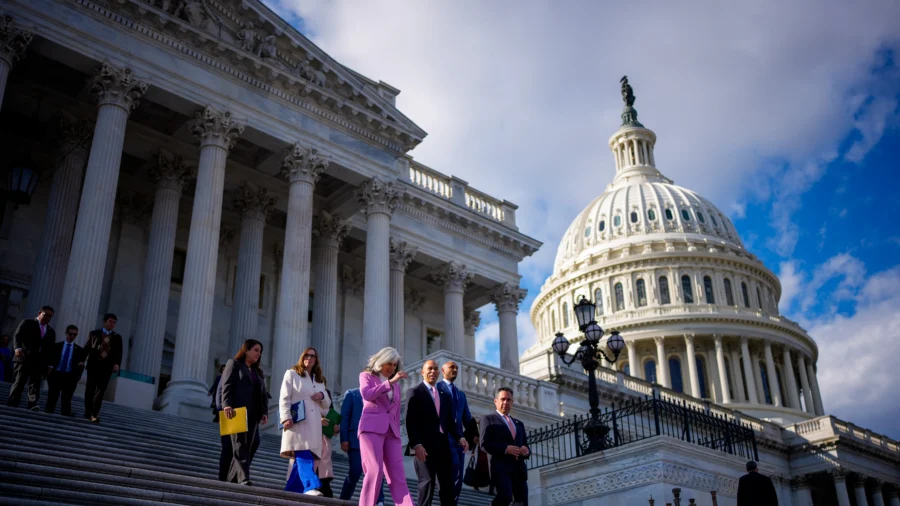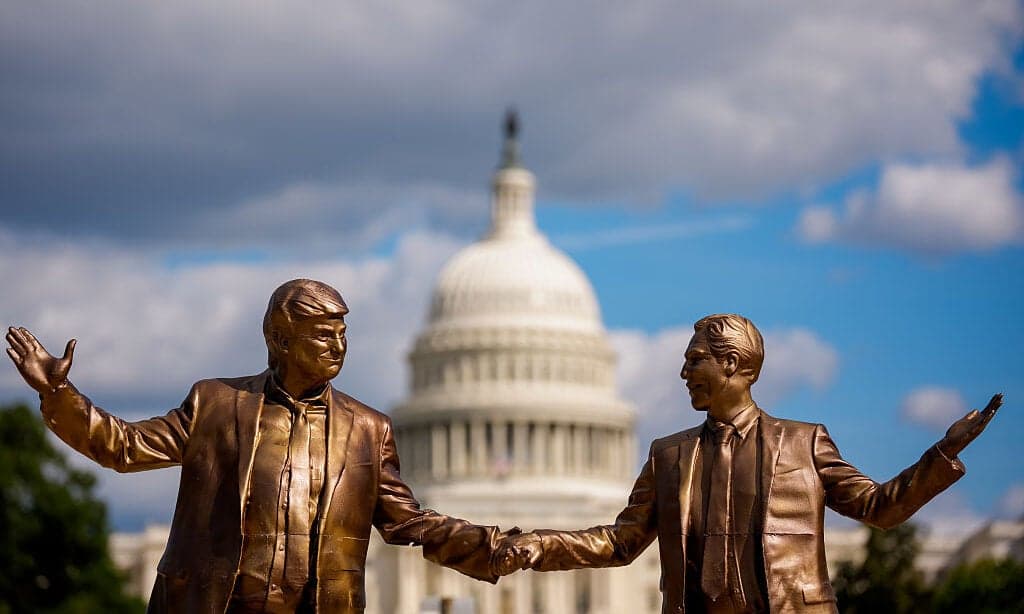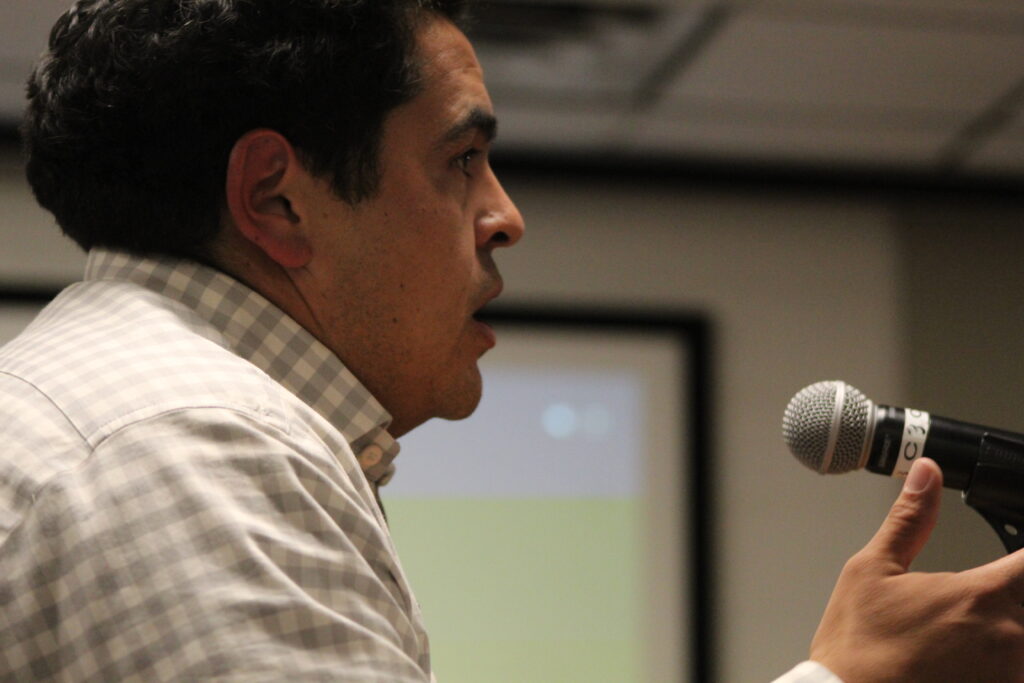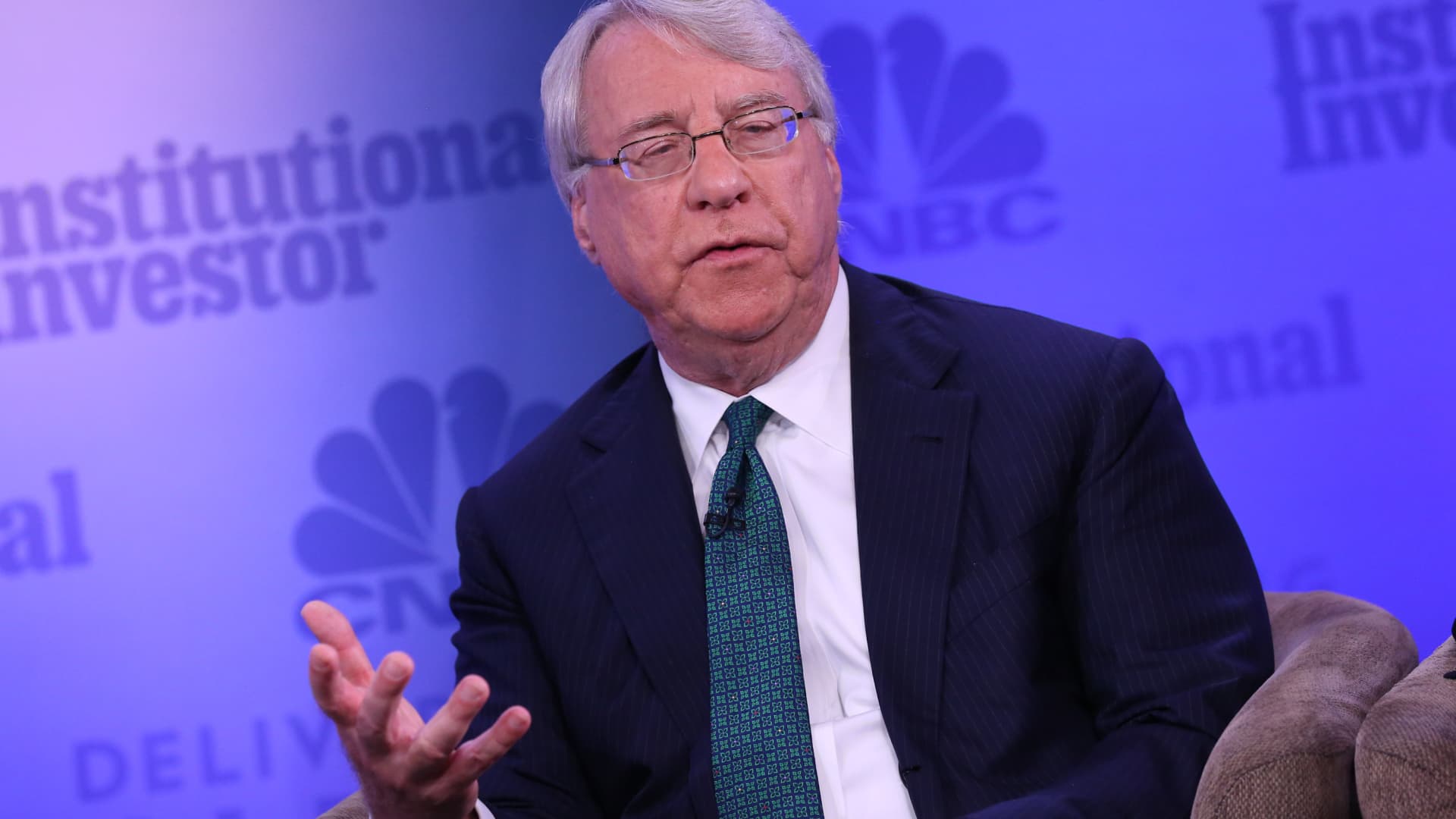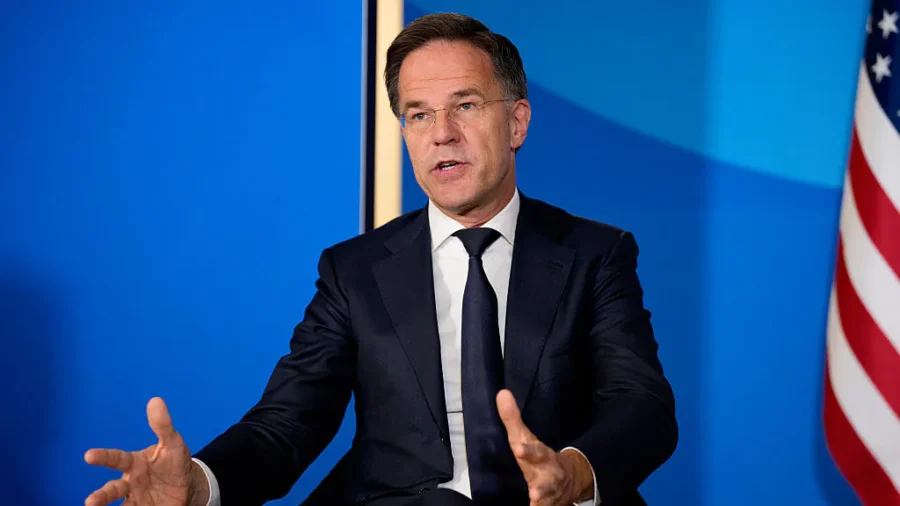Presidential reference case: Everything you need to know about the Supreme Court judgement on timelines for acting on bills, deemed assent and more
The Supreme Court on Thursday (20th December) struck down the timelines it had previously set for Governors and the President to act on Bills passed by state legislatures. The Constitution Bench held that prescribing rigid timelines or creating the idea of “deemed assent” amounts to overstepping judicial limits and interfering with the powers assigned to constitutional functionaries. A Bench led by Chief Justice of India BR Gavai, along with Justices Surya Kant, Vikram Nath, PS Narasimha and Atul S Chandurkar, ruled that its earlier judgment from April, which required Governors and the President to take decisions within a fixed period, was “incorrect” and violated the Constitution’s separation of powers. The Court said that Articles 200 and 201, which deal with the assent process for state Bills, deliberately use flexible languages like “as soon as possible”, the court cannot convert this into strict deadlines.
Nov 20, 2025 1
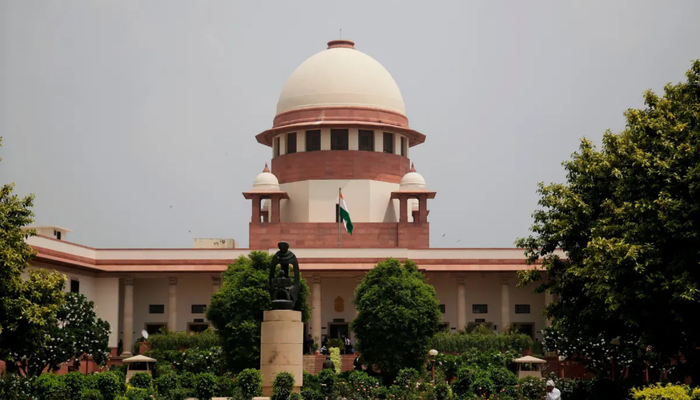


The Supreme Court on Thursday (20th December) struck down the timelines it had previously set for Governors and the President to act on Bills passed by state legislatures. The Constitution Bench held that prescribing rigid timelines or creating the idea of “deemed assent” amounts to overstepping judicial limits and interfering with the powers assigned to constitutional functionaries.
A Bench led by Chief Justice of India BR Gavai, along with Justices Surya Kant, Vikram Nath, PS Narasimha and Atul S Chandurkar, ruled that its earlier judgment from April, which required Governors and the President to take decisions within a fixed period, was “incorrect” and violated the Constitution’s separation of powers.
The Court said that Articles 200 and 201, which deal with the assent process for state Bills, deliberately use flexible languages like “as soon as possible”, the court cannot convert this into strict deadlines.
Related Posts
Popular Posts
Recommended Posts
Random Posts
Klarna tops third-quarter revenue estimates in first earnings...
Nov 18, 2025 11
Klarna experienced strong U.S. growth, driven the adoption of tools like Klarna...
I've tested several AI smart glasses in 2025, but these...
Nov 17, 2025 15
The best thing about the latest Even Realities glasses might be their limitations.
Gold & silver price prediction today: What strategy should...
Nov 13, 2025 19
Gold and silver price prediction today: Gold and silver prices are poised for further...
BJP's Suvendu Adhikari claims caller from Pakistan theatened...
Nov 13, 2025 16
Senior BJP leader Suvendu Adhikari reported receiving a threatening phone call from...
Black US senators explain why they voted ‘no’ on government...
Nov 10, 2025 12
“Promises don’t make premiums go down. My Republican colleagues in the Senate and...
Bihar elections 2025: Unemployment, longstanding civic...
Nov 9, 2025 16
Voters in Bihar's Jehanabad and Ghosi constituencies are looking for change in the...
NATO Secretary General Mark Rutte Gives Joint Press Statements...
Nov 13, 2025 18
NATO Secretary-General Mark Rutte gives joint press statements in Geilenkirchen,...
How Trump Regained Ground, Opened New Fronts, in the Culture...
Nov 14, 2025 21
Conservatives celebrate the president’s lightning strategy but wonder if the gains...
Bihar results: 'Jab tak samose mein aalu rahega' - why...
Nov 14, 2025 17
Lalu Prasad Yadav's influence persists in Bihar politics, even without his participation...
Delhi pollution crisis: What measures are corporates taking...
Nov 12, 2025 14
Delhi's severe air pollution has prompted companies across the NCR to reinstate...






